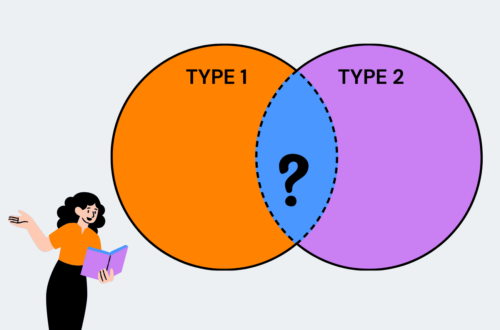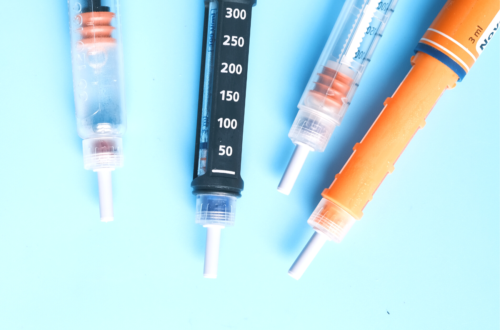
Remission vs Reversal
I’d like to think we are at the cusp of finding a cure for diabetes. Given the immense day-to-day burden, it can’t come fast enough. Until then, it’s important to proactively manage blood sugars, macro- and microvascular changes, and long term complications.
With early and aggressive intervention, it’s not impossible to achieve euglycemia in those with endogenous insulin production—usually Type 2 Diabetes (T2D). Substantial lifestyle change may even yield near “normal” glucose with little to no pharmacological intervention. While it is tempting to think of this process as a “reversal” of diabetes, a 2021 consensus report recommends the term “remission” as a more appropriate classification.
Defining Remission
Remission is defined as “an A1c of less than 6.5% for more than 3 months without the use of glucose lowering medications”.
There is some debate whether the use of glucose-lowering medications prescribed for other reasons should be allowed under the definition. Examples include Metformin for PCOS, GLP-1 receptor agonists for weight loss or cardiovascular risk reduction, and SGLT-2 inhibitors for renal protection. The report suggests that unless these medications can be discontinued for at least 3 months, a diagnosis of remission cannot be determined even if near normal glycemic levels are maintained.
Remission also implies the temporal nature of glycemic control. Should an individual revert to previous lifestyle habits, regain weight, or experience worsening comorbidities, hyperglycemia is likely to return. Ongoing monitoring is key.
Terms to Avoid
With remission as the preferred term, it’s important to avoid other labels that could be confusing or misleading.
- Resolved – suggests that either the original diagnosis was in error—based on our understanding of the pathophysiology of T2D—or that an “entirely normal state” has been permanently established.
- Reversal – describes the process of returning to “normal” glucose levels, but does not imply the state of remission.
- Cure – suggests that “all aspects of the condition are now normalized” and that no “clinical follow-up or further management will be needed”.
Po-tay-to, po-tah-to
Why bother with semantics, you ask?
It’s important to strike a balance between the hopeful optimism that comes with achieving glycemic control and the reality of increased risk associated with a history of diabetes.
Metabolic memory, or “legacy effect”, is a term used to describe the harmful effects as a result of prolonged exposure to hyperglycemia. Even after remission, retinopathy, nephropathy, neuropathy, and cardiovascular disease can still occur.
Remission strikes an appropriate balance—that while diabetes may not be always active and progressive, a notable improvement may not be permanent. Ongoing support and care is necessary to prevent relapse.
Riddle MC, Cefalu WT, Evans PH, et al. Consensus report: Definition and interpretation of remission in type 2 diabetes. Diabetes Care. 2021;44(10):2438-2444. doi:10.2337/dci21-0034


You May Also Like

Double Diabetes: Supporting Patients Through the Diagnostic Overlap
April 1, 2025
Your Guide to Diabetes Supplies: Insulin Pens
July 4, 2023
